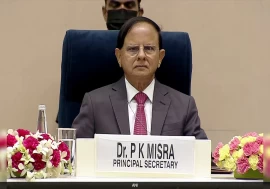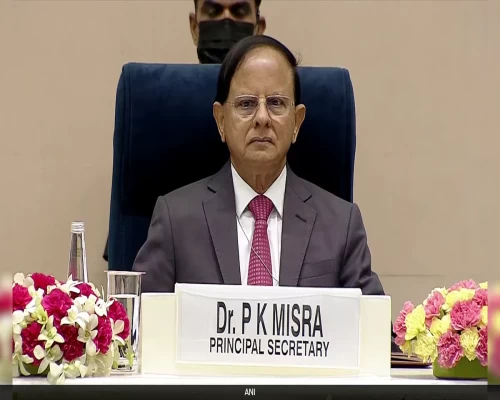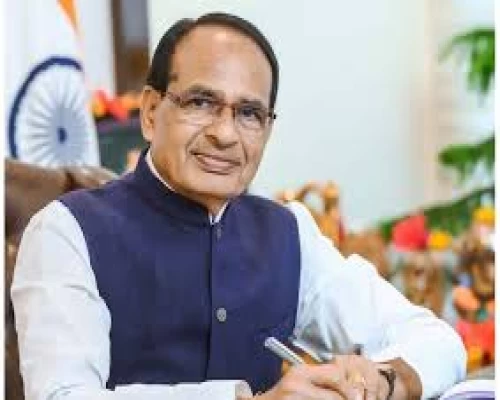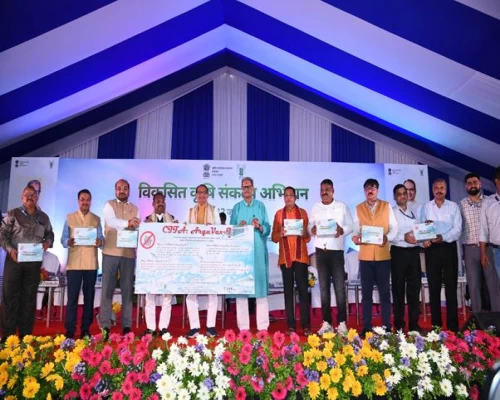
New Delhi: The Rajya Sabha on Tuesday passed the Oilfields (Regulation and Development) Amendment Bill, 2024, marking a significant step toward modernizing the framework governing oil and gas exploration in India. The legislation, which amends the Oilfields (Regulation and Development) Act, 1948, seeks to delink petroleum operations from mining activities, introduce investor-friendly measures, and boost domestic energy production. It aims to enhance ease of doing business in the sector and attract both domestic and foreign investments.
Union Minister for Petroleum and Natural Gas Hardeep Singh Puri, while responding to the debate, emphasised the critical role of the oil and gas sector in ensuring India’s energy security and economic growth. Puri stated that the legislation aims to foster confidence among investors while safeguarding national interests. "We need the oil and gas sector for at least 20 more years. This Bill creates a win-win environment for both our domestic operators and foreign investors, enabling them to contribute to our energy goals," he said.
The Bill introduces significant updates to streamline operations and encourage investment. It decriminalizes certain offenses, replacing imprisonment with monetary penalties and adjudication mechanisms. It expands the definition of "mineral oils" to include resources like shale gas, coal bed methane, and gas hydrates, enabling comprehensive resource management under a unified framework. Additionally, it introduces a new “petroleum lease” structure to simplify exploration and production processes and ensure policy stability, dispute resolution, and infrastructure sharing, especially for smaller operators.

Puri highlighted the urgency of bridging the gap between India’s energy consumption and domestic production. He revealed that while India produces 30 million metric tonnes (mmt) of crude oil annually, it consumes 235 mmt of petroleum products, highlighting the critical need to boost domestic production. The Minister also pointed out that between 2006 and 2016, exploration activities had stagnated, contributing to the current production deficit. He assured the House that the provisions in the Bill are designed to revitalize exploration and production, making India an attractive destination for energy investments.
Despite the government’s assurances, several opposition members raised concerns and demanded that the Bill be referred to a standing or select committee for further scrutiny. DMK’s NR Elango argued that replacing the term “mining” with “petroleum” could dilute state rights, a claim Puri refuted by clarifying that states would continue to grant petroleum leases. CPI’s PP Suneer criticized the government’s prioritization of private players over state-owned enterprises like ONGC. AIADMK’s M Thambidurai expressed concerns over the environmental impact of hydrocarbon exploration on agricultural lands in Tamil Nadu.
Amid these objections, BJP member Ghanshyam Tiwari praised the Bill, stating that it aligns with Prime Minister Narendra Modi’s vision of replacing outdated colonial-era laws with reforms that drive self-reliance and modernization. Other members, including those from the BJD, YSRCP, and AITC, participated in the debate, offering diverse perspectives on the bill's implications.
As India continues its journey toward becoming a developed nation by 2047, the passage of this Bill represents a significant step in addressing the country’s energy challenges. By incentivizing investments and streamlining regulatory processes, the government aims to reduce its dependence on imports and strengthen domestic production capabilities, setting the stage for a more self-reliant and robust energy future.
/BI/













